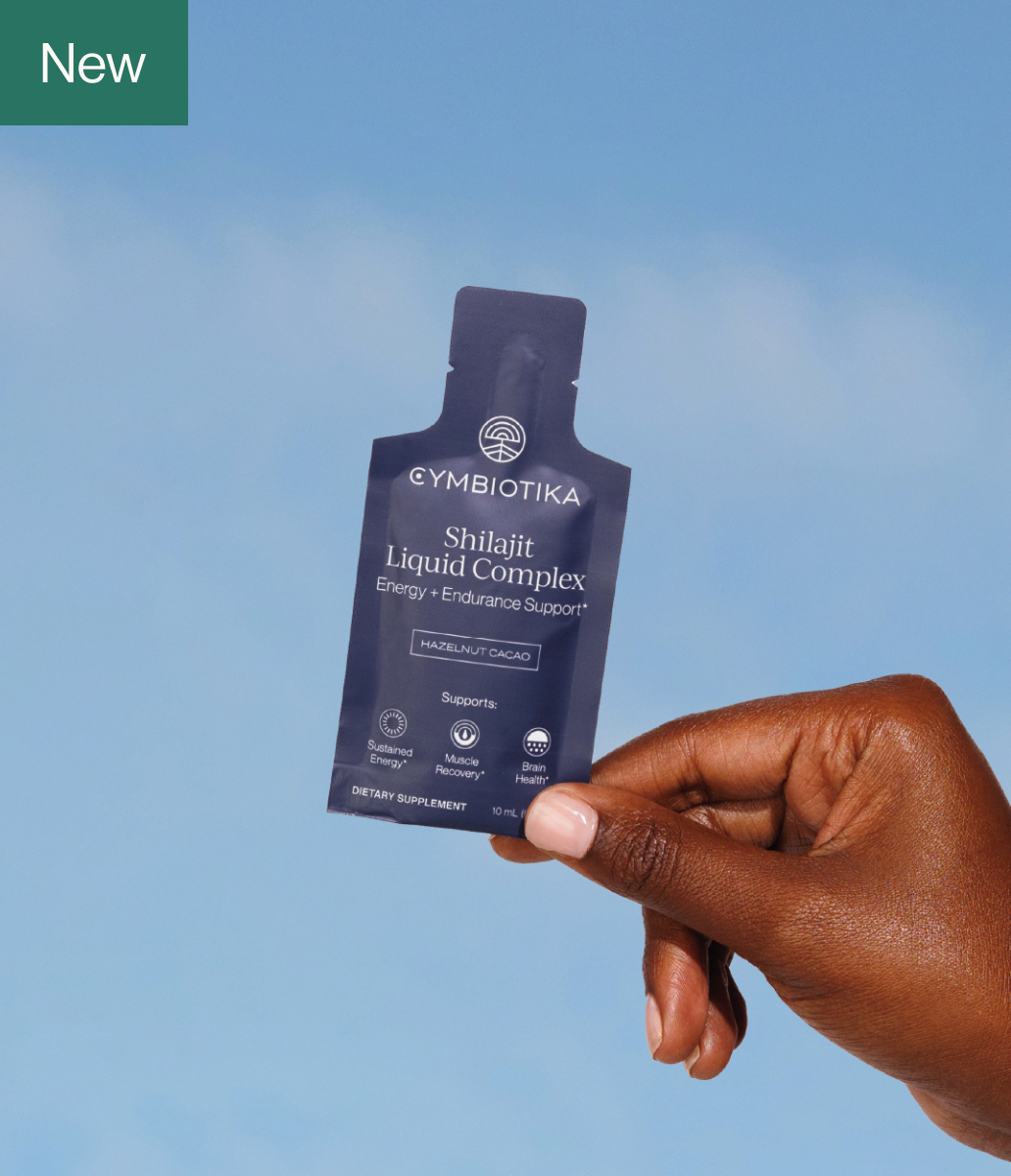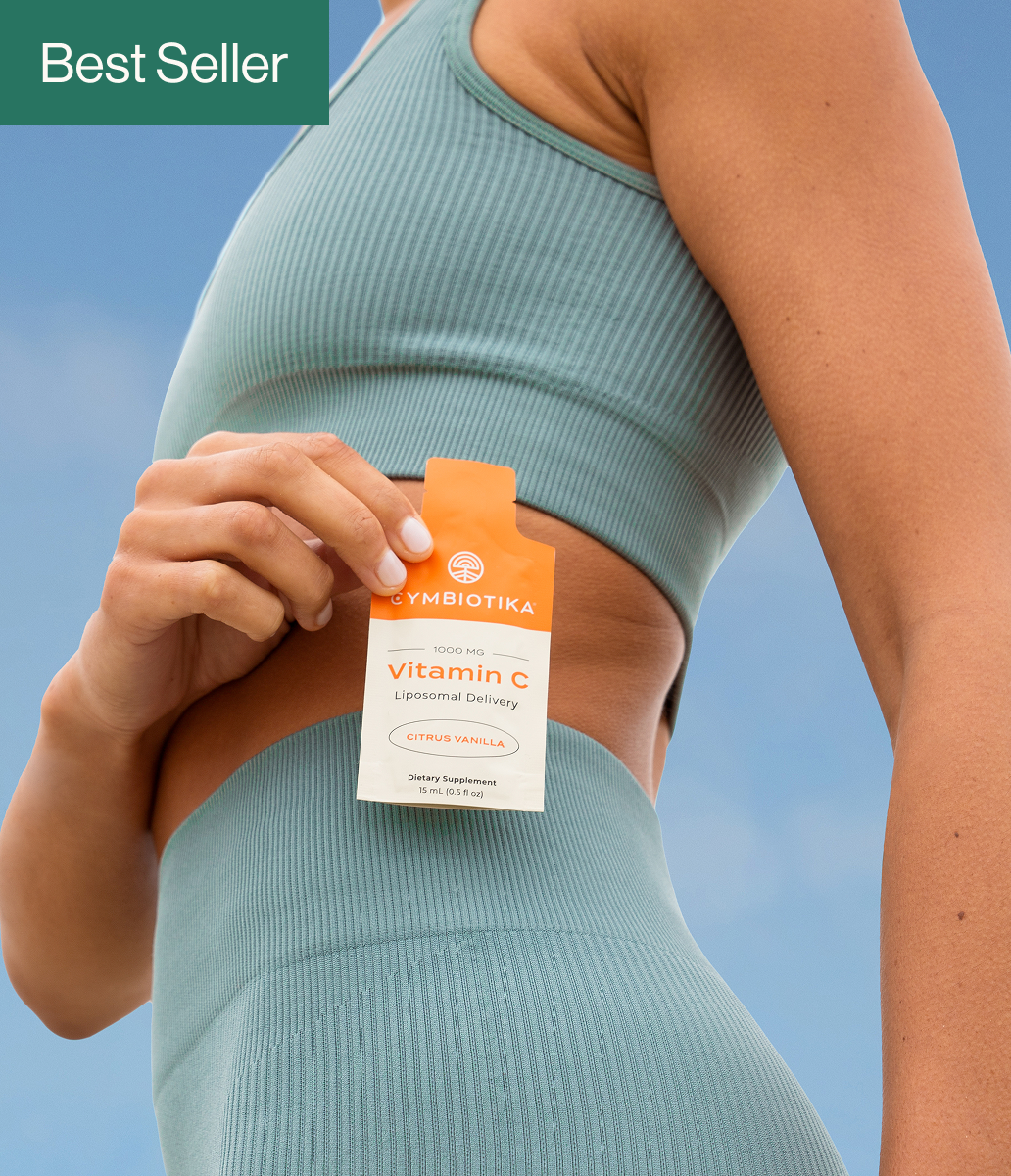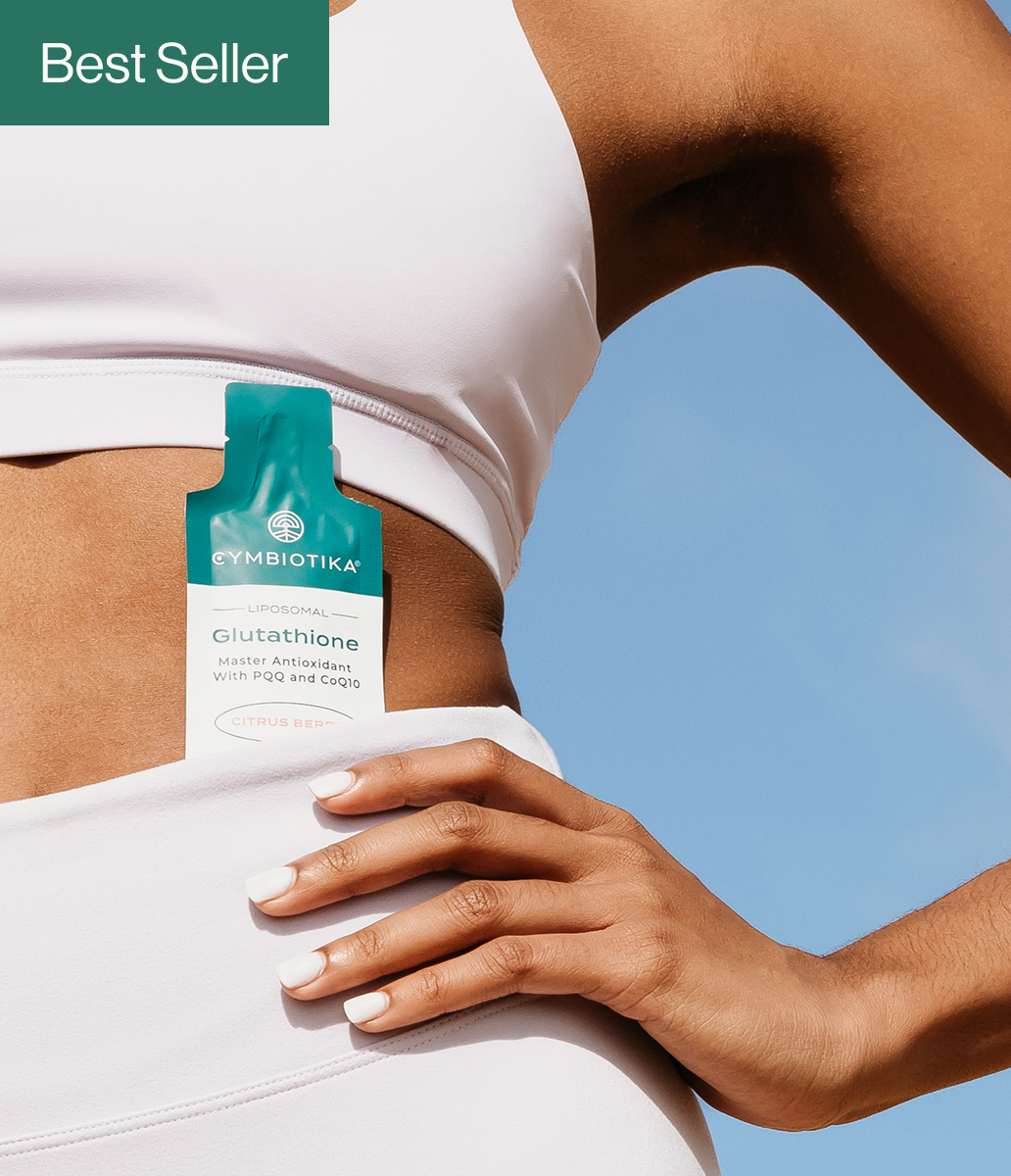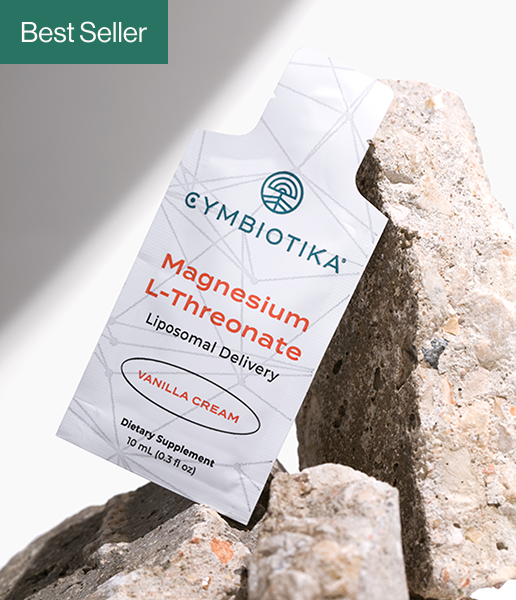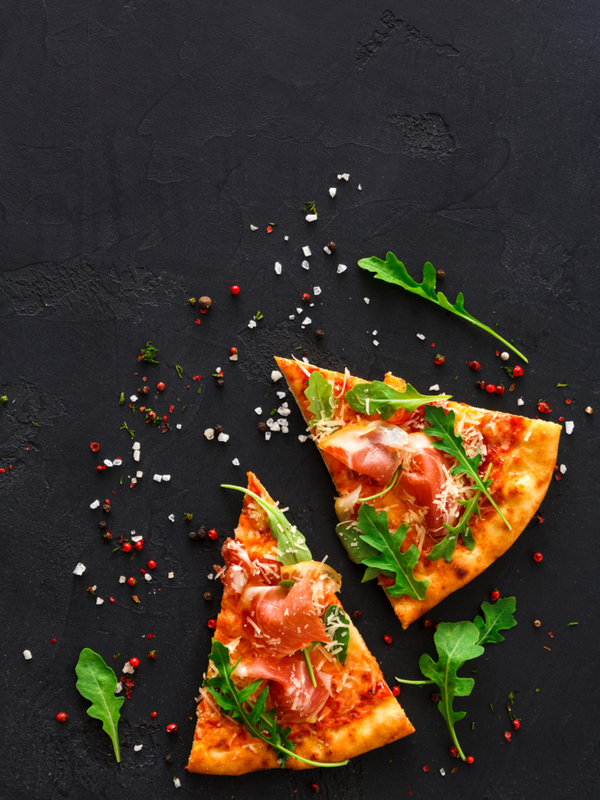
Detoxing is a popular practice among those who care about their health, and for plenty of good reasons.
There are a number of health benefits that come with detoxification (also known as a cleanse). From a faster metabolism to increased energy, and even a reduced risk of disease, a thorough detox regimen can offer a wide variety of advantages for both the mind and body.
One of the biggest elements that can make or break your cleanse? The food you eat. Choosing the right foods to eat while you’re detoxing—particularly those with antioxidants and high nutritional value—will play a major role in flushing out toxins and aiding bodily functions. On the flip side of the coin, the wrong foods can disrupt the detoxification process and lead to even greater health problems.
If you’re interested in learning more about this crucial aspect of cleansing the body, read on for four foods to avoid during detox!
What Is Detoxing?
To understand the vital role food plays in proper detoxification, it’s important to understand what this process looks like.
Detoxing is the name given to any period of time marked by positive dietary and lifestyle changes, which are done to flush toxins out of the body. Toxins come in many shapes and sizes, but most of these harmful substances enter the body through ingestion. Processed foods, plastic particles, and alcohol are some of the most common toxins absorbed by the digestive system. Heavy metals and pollutants in the air also contribute to the toxification of the body (these can be removed through similar detox methods as well).
Eating the right foods, along with proper hydration and supplements, is the best way to improve liver function, protect cells, and rid the body of toxic substances via urination. It’s particularly important during this time period to avoid foods and beverages with negative health effects, such as those with the following qualities:
- Low nutrient value
- Lack of vitamins and minerals
- Empty calories
- Refined sugars and oils
- Trans fats and omega-6 fatty acids
Of course, detoxing will be much easier when you know which foods fall into these harmful categories. So, without further ado, let’s begin this crash course in foods to avoid during detox diet 101:
#1 Dairy Products
Whether you consume dairy or not, the truth of the matter is that our bodies really aren’t designed to digest cow's milk. Some people may have a higher level of sensitivity to dairy than others, but it’s common for these products to irritate the digestive system to some degree.
The acidic properties of dairy products can also affect cell health, thus slowing down the detox process and increasing the number of dangerous unpaired electrons—also known as free radicals—in the body.1
For these reasons, individuals who are detoxing should try their best to avoid foods rich in dairy and lactose, such as:
- Milk
- Cream
- Ice cream
- Sour cream
- Cheese
- Butter
If you do have some sort of dairy product during your detox period, opt for a more stomach-friendly choice, like Greek yogurt. The probiotics and prebiotics in cultured yogurt can counteract its inflammatory properties and soothe the gastrointestinal system. Adding an appropriate supplement to your diet, like our ReGenesis with probiotics, can also aid in digestion and help flush out toxins and waste during a detox.
#2 Gluten Products
Gluten sensitivity is one of the most common food sensitivities, but even those who don’t suffer from celiac disease can benefit from avoiding these foods during a detox.
Gluten is the technical term given to the seed storage proteins found in products that contain wheat. These proteins not only provide little-to-no substantial nutrients, but they can also be difficult for the intestines to digest. When the body processes too much gluten, inflammation can occur in the GI tract and lead to bloating, cramps, and diarrhea.
While there are wheat products that provide health benefits—such as the fiber found in whole wheat foods—it’s recommended to avoid this food group altogether during a detox period. This means staying away from foods such as:2
- Bread
- Pizza
- Pasta
- Cakes, cookies, and crackers
- Cereal
- Flour tortillas and wraps
In order to replace the nutrients you may be losing during this time, opt for fruits and vegetables that are rich in fiber. Pears, avocados, artichokes, and chia seeds are some of the best fiber alternatives to wheat products.3
Supplements can also help relieve inflammation caused by a gluten overload. Try adding our liposomal sulforaphane matrix to your detox routine to soothe the digestive system, flush out toxins, and reduce bloating.
#3 Alcohol
Okay, so this one isn’t exactly a food, but it’s something you should avoid ingesting during a detox period.
Technically speaking, alcohol is poisonous to the body, even when consumed in small doses. While the cognitive effects of alcohol may be limited after one or two drinks, the reaction it has on other parts of the body can completely reverse your detox progress.
Here’s why:
During your detox period, try to swap your alcoholic beverages for water, particularly water enriched with electrolytes added for maximum hydration. If you feel as though you’ve been going overboard with alcohol consumption, consider adding an activated charcoal supplement to your routine. When combined with water, this powerful detoxification agent attaches itself to toxins and speeds up the process of flushing them out through urination.
#4 Processed Food
“Processed” is a fairly general term, but there’s a reason many foods fall under this large umbrella. Most processed foods can lead to toxin build-up and detrimental health problems, especially if they contain one or more of the following ingredients:
Cymbiotika: Your Perfect Detox Partner
While there are plenty of things you should avoid during a detox period, health supplements from Cymbiotika certainly aren’t one of them.
Here at Cymbiotika, our mission is to create safe, effective products that promote physical and mental wellbeing. Our customers value their health, and we use nutritional science and organic ingredients to formulate the best possible supplements to aid their wellness journeys.
Our inventory goes beyond detox aids. We also offer daily vitamins, immunity boosters, anti-aging products, and more. No matter what your physical and mental goals are, we have a carefully crafted supplement to get the job done.
Detoxing can be difficult, but we're here to make this necessary process a little easier. Check out our blogs on How Often Should You Detox? and 4 Signs You Need to Detox to learn more.
Sources:
- GreenEatz. Best and Worst Foods for a Detox Diet. https://www.greeneatz.com/1/post/2013/07/best-and-worst-foods-for-a-detox-diet.html
- Very Well Fit. Foods to Avoid and Replace If You’re on a Detox Diet. https://www.verywellfit.com/detox-foods-to-exclude-89115
- Healthline. 22 High Fiber Foods You Should Eat. https://www.healthline.com/nutrition/22-high-fiber-foods#TOC_TITLE_HDR_10
- GreenEatz. Best Supplements for Your Detox Diet. https://www.greeneatz.com/1/post/2013/07/best-supplements-for-your-detox-diet.html
- Healthline. 7 Toxins in Food That Are Actually Concerning. https://www.healthline.com/nutrition/7-food-toxins-that-are-concerning#TOC_TITLE_HDR_7
